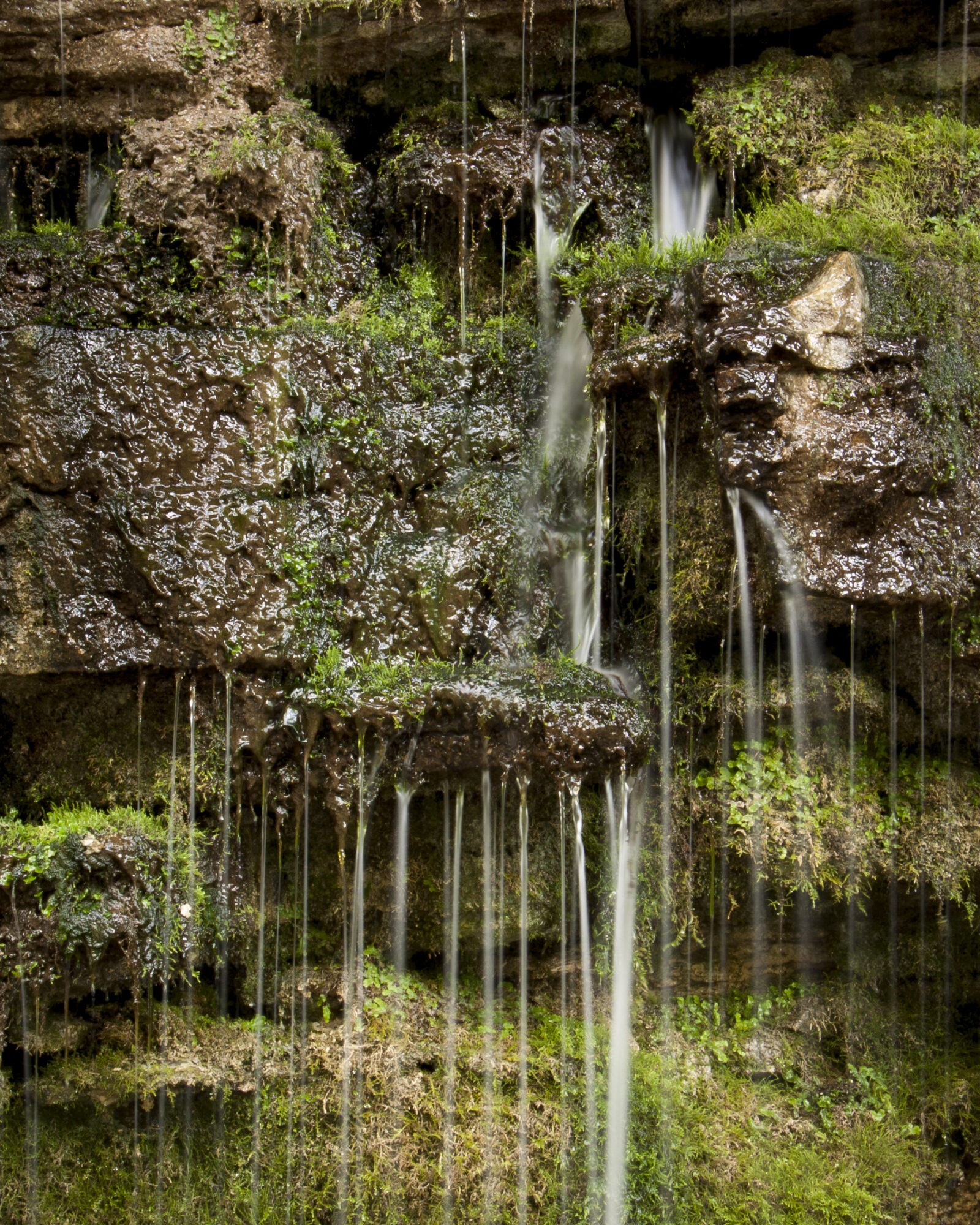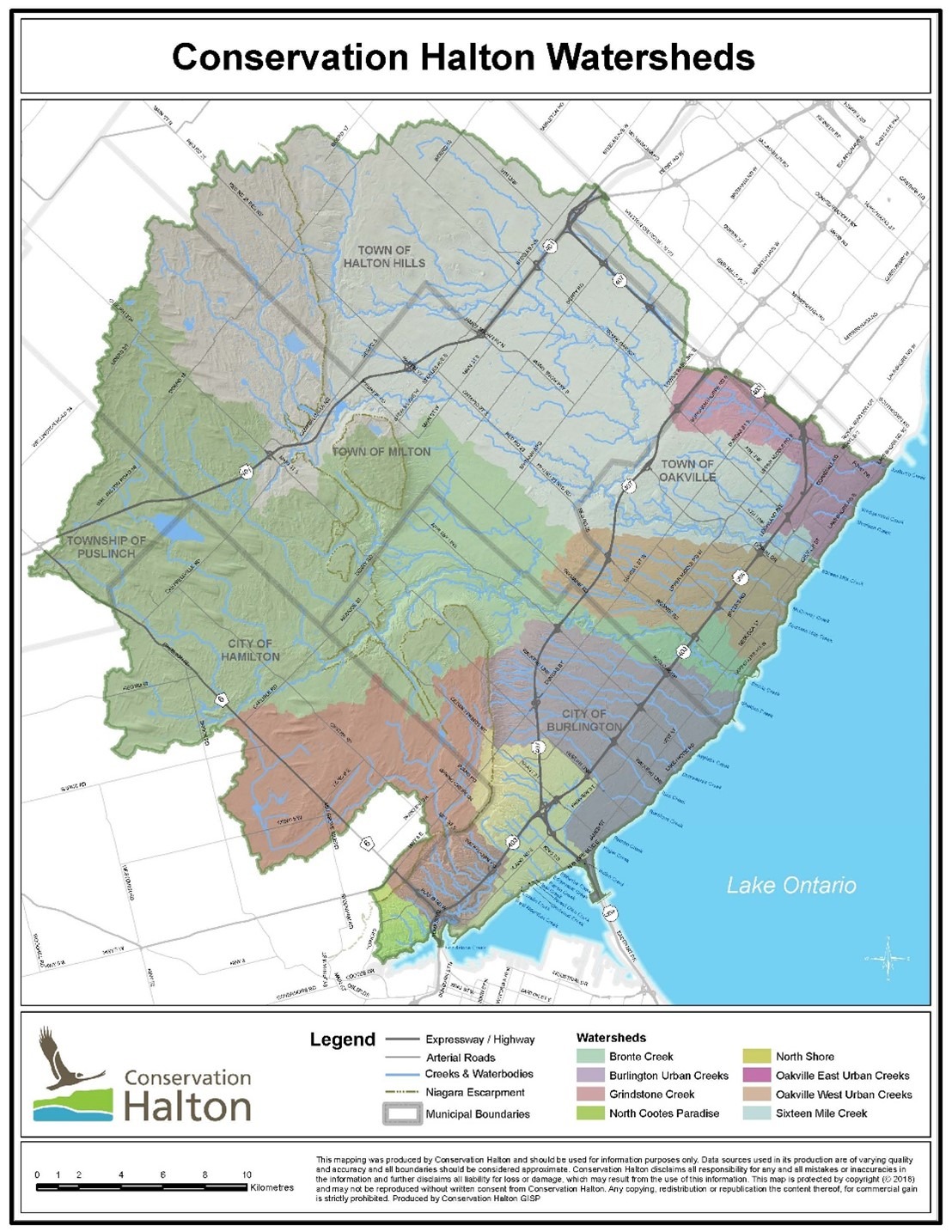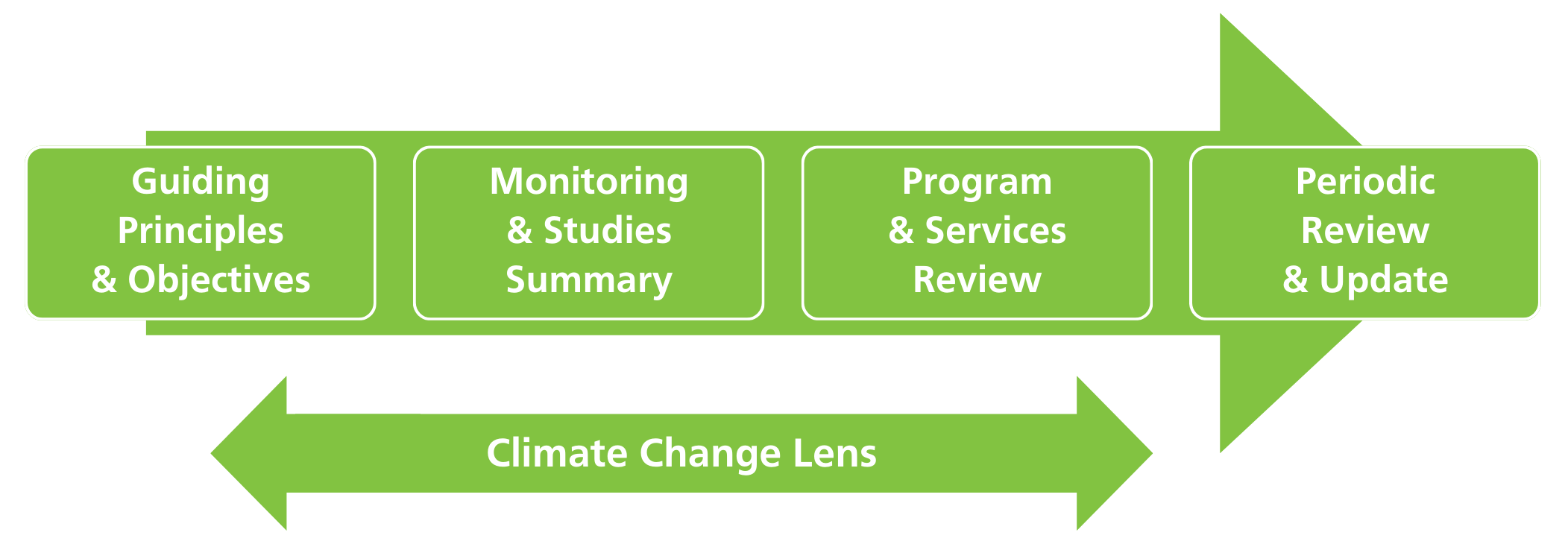Preparing for the Future
We are developing a Watershed-Based Resource Management Strategy (“Watershed Strategy”) by the end of 2024 to guide our programs and services. Our Watershed Strategy will help us continue to protect natural systems and mitigate natural hazards in the communities we serve. It will bring together the latest scientific data and apply a climate change lens to natural resource management to support the health and resilience of our watersheds for years to come.
Engagement Opportunities
You can help shape our Watershed Strategy. Explore engagement opportunities below, or contact Ilona Feldmann at ifeldmann@hrca.on.ca for more information.

Late Summer 2024: Our draft Watershed Strategy will be available for feedback before it is finalized by the end of the year.
一月 15 – 2月 13, 2024: Through a public survey process, we collected feedback on the goal, principles, and objectives that directly inform the design and delivery of Conservation Halton’s programs and services.
10月 27 – 12月 8, 2023: We collected feedback through a public survey process to better understand what community members and partners identify as key natural resource issues in our watersheds.
Both surveys were available on our website and promoted on social media, via our monthly newsletter, and through targeted local outreach. The feedback will help us prioritize key natural resource issues that our Watershed Strategy will address.
Additional Information

Click here to access an interactive map of Conservation Halton’s watersheds.
Conservation Halton was established as a conservation authority more than 60 years ago to protect our communities from natural hazards such as flooding and erosion and to manage and restore natural resources in local watersheds on behalf of partner municipalities. These municipalities include the Region of Halton (City of Burlington and the Towns of Oakville, Milton, and Halton Hills), Region of Peel (City of Mississauga), City of Hamilton, and the Township of Puslinch.
Conservation Halton is an independent, corporate body set up under the Conservation Authorities Act (CAA). The governing body is made up of 20 members appointed by the participating municipalities. Conservation Halton’s jurisdiction of more than 1000 square kilometres is watershed-based and includes the Grindstone, Bronte, and Sixteen Mile Creek watersheds and 18 smaller urban watersheds that enter Lake Ontario. A watershed is an area of land where rain and snowmelt drain into a body of water, such as a stream, creek, river, or lake.
Conservation Halton delivers a wide range of programs and services in its jurisdiction to fulfill its statutory purpose which is “to provide for the organization and delivery of programs and services that further the conservation, restoration, development and management of natural resources in watersheds in Ontario.” Current programs and services include, but are not limited to, watershed planning and monitoring, land acquisition and management, operation and maintenance of water control infrastructure, flood forecasting, and flood warning. Conservation Halton also administers Ontario Regulation 162/06, delivers planning services related to natural hazards, restores degraded environments, provides outdoor recreation, and offers conservation education and awareness programs. Regulation 162/06 allows Conservation Halton to restrict development in regulated areas (e.g., valley lands, Lake Ontario shoreline, wetlands, and other hazard lands) and alterations to watercourses and wetlands.
Under recent changes to the Conservation Authorities Act (CAA) and related legislation, all conservation authorities in Ontario are required to undertake a Watershed Strategy by the end of 2024 (see Ontario Reg. 686/21), and it must include four key components as illustrated in the figure below.

The Watershed Strategy allows conservation authorities and their municipal partners to be responsive to their watersheds’ unique key natural resource issues and management needs, provided that the scope is supported by signed Memorandums of Understanding (MOUs) between Conservation Halton and our participating municipalities.
Our Watershed Strategy is the delivery vehicle for our programs and services and is being developed based on: reviews of available data; technical reports/studies and plans; feedback from Conservation Halton and municipal staff, local Indigenous communities, and the public; and emerging insights about the local impacts of climate change. It will guide our ongoing work and will help us to:
- Maximize the use of existing Conservation Halton staff expertise;
- Eliminate unnecessary duplication of programs and services among partners;
- Provide better service delivery through more streamlined processes;
- Integrate water, climate and biodiversity data at a regional/watershed scale;
- Generate cost-savings by efficiently allocating government resources; and
- Pursue other funding, including grants and fee-for-service opportunities.
Our Watershed Strategy will conform with legislation and build on our current Board-approved strategic plan, Momentum (2021-2024). It will also build on the high-level Memorandums of Understanding (MOUs) signed in 2023 with our participating municipalities, including Halton Region, Peel Region, City of Hamilton, and the Township of Puslinch. Each MOU contains a schedule that lists and describes the watershed programs and services covered under the agreement.
Climate change is resulting in increasingly unpredictable, warmer, and wetter weather patterns that impact natural resources in Conservation Halton’s watersheds. To assess potential future climate risks, Conservation Halton completed a Climate Change Vulnerability and Risk Assessment.
The goal of the study was to identify the highest vulnerabilities and risks to natural resources based on climate projections and to recommend actions that Conservation Halton can take to enhance adaptive capacity and resilience in our watersheds. The findings of the study will be used to develop a Climate Resiliency Plan that informs the Watershed Strategy.
Questions? Please contact Ilona Feldmann at ifeldmann@hrca.on.ca.